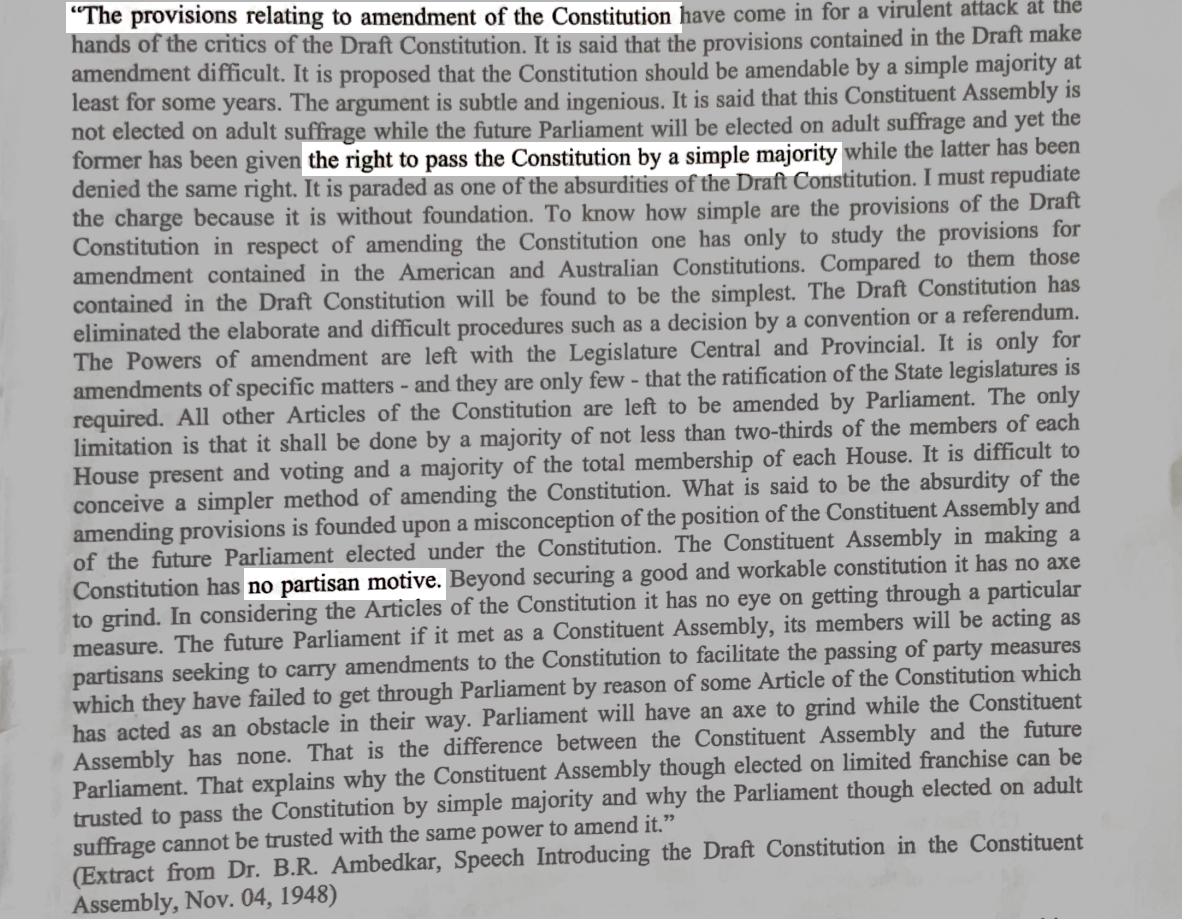Tips for reading better
General - Events, notes ·Reading tips.
Having given a few exams with reading comprehension sections during and after my undergraduate degree, and generally struggling with reading for exams in situations of pressure, I thought I’d share my tips and tricks, now that I’ve made some progress in this regard.
It helps if you brace yourself for absorbing more information, through applying mindfulness, and giving reading academic literature the seriousness it deserves by doing all you can to focus on the passage. I’m sharing some tips that help me focus and apply my mind to comprehension problems.
For starters, I found that this process works best when you…
- Pick a word in the passage and think about possible interpretations and legal implications for the person who the content is intended for.
- Read long passages with haste only if sure of its implications/context/content
- Restricting interactions as far as possible with respect to any external environmental disturbances This one's pretty obvious. But to take you a little further than just shutting out background noise, I'd recommend that you segregate all reading into that requiring close attention and that which does not.
- Contain emotions and be confident while reading the question with the intention to secure a good grade in earnest I've found generally that being in the frame of mind also includes the confidence of attempting an analytical reading, or saying no to distractions. Remember, even getting to source the text, or appear for the exam which contains the passage you're reading was an ordeal that you've passed.
- Make notes Get as many keywords jotted down to make meaning of the text. Here is where the speed reading skill will count if you have read the passage sufficient number of times previously, or are familiar with the concepts.
- Further, do not read haphazardly from different sections. Also do not jumble up your notes. It is important to be calm and to retain your composure throughout your length of the passage.
The person I refer to is the intended audience of the passage. It can be anything from a legislative body, group of students, the entire world, or a specific community of domain experts in the field of law.
IP Lawyers, Criminal lawyers, Civil lawyers may, for instance, interpret the following sentence differently: "Damage was incurred to my property due to the defendant's acts".
Here the word damage can mean depreciation of value of an intangible intellectual property asset;
or, it can mean theft or any of the property offences in case of criminal law,
or, it can even mean damage incurred to the house of a claimant due to nuisance in the neighbourhood of the children.
Another example is this passage from the Supreme Court Clerkship exam, 2023 - some keywords have been highlighted that bear special significance. Once you read over a passage by glancing over just the words, the words with special significance should come out to you immediately.

Once, you've begun to interpret these keywords in the passage, your mind is already doing the work of reading the passage with an analytical bent of mind! And this is what you need to answer those questions, write that book review, or paraphrase that academic citation.
You might find that you recognise a passage at a glance, which is a good thing. To ensure that you systematically spot keywords for analytical processing, you must ignore conjunctions, articles, and other figures of speech.
Look for identifiers of content/context/implication such as:
-Clause title
-Section number
-Maxim
-Name of document
-Relationship
Reading by anchoring yourself to identifiers helps in skipping through the content that it tags/identifies. For example, if I know that Section 11 of the Code of Civil Procedure, 1908 defines "res judicata" , I need not read the discussion on it while reading through the text/judgment.
If you're learning something new from the text which is crucial, you may need to spend some time alone with the text to get a hang of what theory, analysis it offers. In this case, shut out all distractions as far as possible and gather the courage to say no to any interactions with other stimuli, be it browsing some other topic, catching another task on your to-do list, or even, as is most often the case, another human being!
However, if you've gathered sufficient data and what you're doing is closer to revising the text, you can safely spend the next few minutes sitting in an environment with external triggers.
Basically, you need to allocate bandwidth, and do it judiciously.
Tips and tricks for grounding yourself:
- Use a background white noise generator to focus in busy areas
- Warmup for exam by reading and writing important portions of the text you have read in note form
- Use the rough space for making notes
- Give a mock exam by yourself
- Good for learning what is considered important
- Also, good for reassuring yourself of what you already know, so don't skip the confidence boost
- Also, for exerting adequate amount of pressure